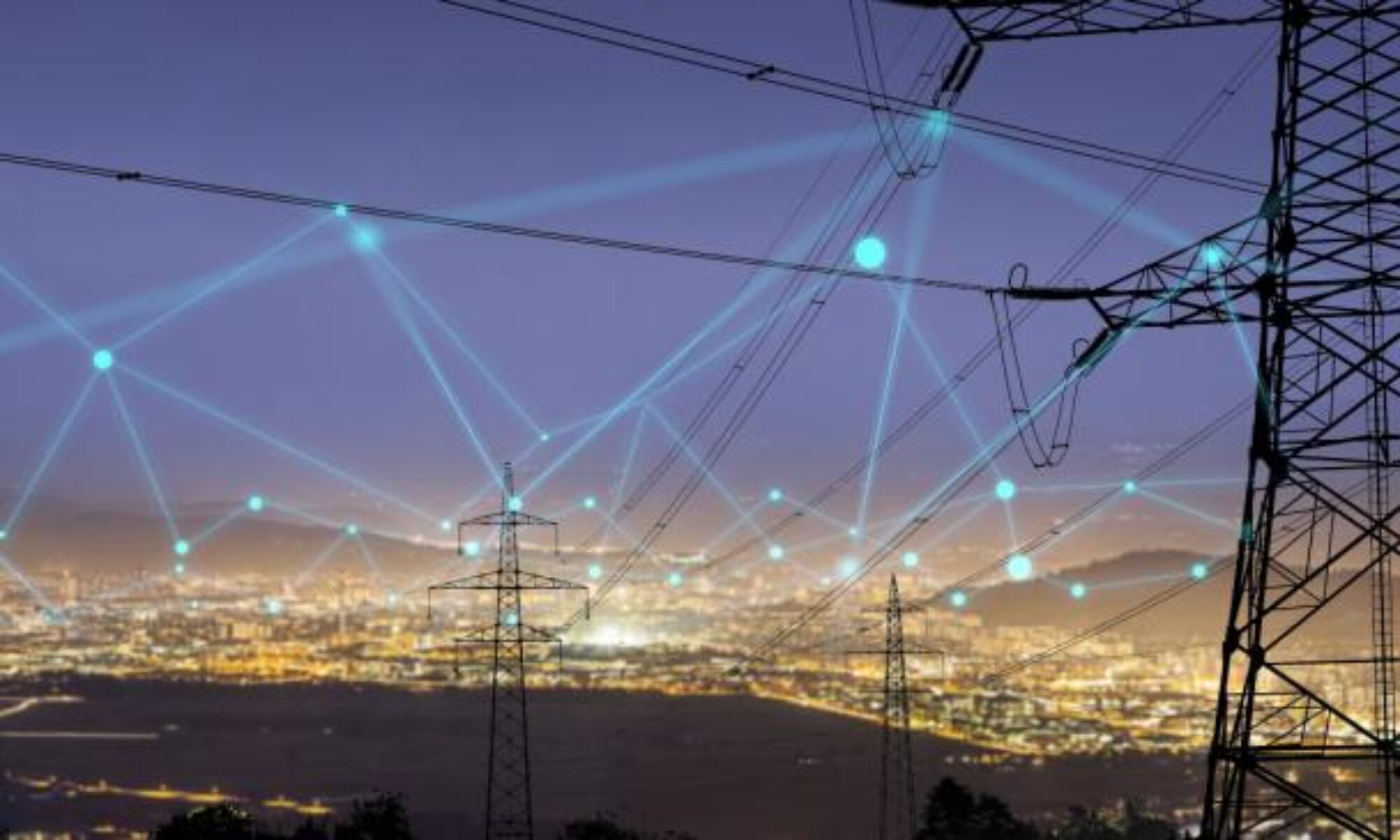(Op-Ed published in Bangor Dail News, 7/4/23)
The future of solar energy in Maine and our state’s climate goals could be at risk, depending on which of two bills is potentially enacted by the Legislature this week: LD 1347 or LD 1986. Both bills aim to address the way solar projects are compensated for the electricity they generate, but only LD 1986 will actually support solar development and our state’s clean energy goals.
Currently, solar projects are paid the retail rate for power, which is higher than its market value. This cost difference needs to be recovered. Both bills recognize that the current method overpays for solar power compared with its actual value. It is crucial to change this system so that we only pay for the true value of solar energy.
LD 1347 has been largely drafted to protect a few industrial interests, but would have a direct impact on tens of thousands of customers with rooftop solar and participants in community solar. If enacted, this bill could significantly hinder the future growth of individual and community solar projects throughout Maine. Last week, the Biden administration announced a $7 billion grant program to promote local solar, and LD 1347 would create barriers for individual Mainers and Maine companies to compete for these funds. It would also make several categories of potential projects ineligible.
On the other hand, LD 1986 has been developed in close coordination with the Governor’s Energy Office and is supported by some ratepayers and solar providers. It also aims to end the current method of compensation, however, it does not jeopardize existing projects. Instead, it proposes a correction in how new projects are paid, aligning them with a value established by the Public Utilities Commission, similar to the approach used in other states.
The payment method used for solar developers and homeowners is called net energy billing, which is quite complex. It involves determining the true value of solar power, understanding how it interacts with the distribution grid system and recognizing its impact on customer bills.
Unfortunately, there has been a lot of misinformation going around about this policy, including an attempt to lobby on behalf of LD 1347 in the court of public opinion. For example, many people have been falsely told that the high cost of electricity is due primarily to net energy billing. In reality, solar power has actually reduced the need to purchase expensive natural gas power, potentially lowering the standard offer price. Many have also argued that LD 1347 would reduce rates while LD 1986 does not. In truth, both bills aim to reduce costs, but they employ different approaches.
Additionally, there have been incorrect assurances that LD 1347 would have no commercial consequences. However, many companies have made it clear that existing projects might not continue if this legislation is enacted, and several ongoing projects could be terminated.
And finally, many have been misguided by the notion that only large grid-scale solar projects are necessary. While grid-scale solar is indeed crucial, it alone cannot meet the demands of electrifying our grid. We require substantial amounts of both grid-scale and locally generated solar power, and LD 1347 could be detrimental to locally generated projects.
Mainers should take pride in our leadership on climate issues and our forward-looking Climate Action Plan. LD 1986 fully supports these goals and ensures continued progress. On the other hand, I believe LD 1347 is contrary to our state’s aspirations in achieving these climate goals and deserves a “no” vote in both chambers of the Legislature when it comes up for a vote. Please contact your state representative and senator and urge them to defeat LD 1347 and pass LD 1986.
The future of solar energy in Maine depends on it.
Gerry Runte
